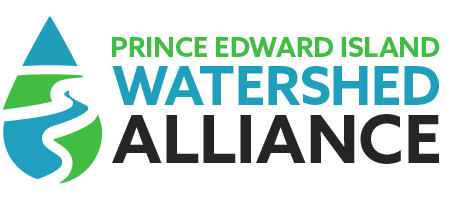16 Dec Online Climate Resiliency Workshop
The PEI Watershed Alliance is pleased to host an online Climate Resiliency Workshop to help watershed groups and others working for our island environment better prepare for the future in the face of climate change. The workshop will be hosted by the PEIWA Forest Technician, Sarah Langille, and topics will be presented through 30–40-minute presentations by three guest speakers from various universities. Attached is an RSVP list that we ask you to please fill out and choose one of two dates listed depending on your availability. The date that has the majority of RSVPs will be the only workshop day; however, it will be recorded and shared with those who cannot attend.
Our first speaker, Dr. Tom Beckley of the University of New Brunswick, has taught in the Faculty of Forestry and Environmental Management at UNB since 2000. He also has many publications, including Borealization of the New England – Acadian Forest, which he will be referencing in this workshop. Borealization is a critical issue in PEI as our long-lived, temperate forest community is constantly being replaced by early successional boreal species. Dr. Tom Beckley will discuss how and why borealization is occurring and how we can possibly reverse these effects through careful management and planning.
The second speaker of the workshop, Dr. Charles Bourque of the University of New Brunswick, has an impressive academic history, earning his MSc in Forestry, focusing on forest interaction with the atmosphere, then later completing his Ph.D. focusing on air pollution and forest interaction. Dr. Charles Bourque will discuss the potential tree distribution for projected future climates on PEI so we can model our re-planting efforts with our future climate in mind.
Our third speaker, Professor Paul Catanzaro of the University of Massachusetts, has a rich background in forestry, earning several awards for his work dedicated to the conservation and stewardship of the land. As forests play a critical role in reducing the effects of climate change, Catanzaro will discuss how and where carbon is sequestered and stored in a forest, how decisions about forest conversion and management impact carbon, trade-offs to our decisions, including forest resiliency, biodiversity, and wood products; and strategies at the parcel and landscape scales to maximize the effectiveness of forest carbon, including land protection and carbon-informed forest management.



